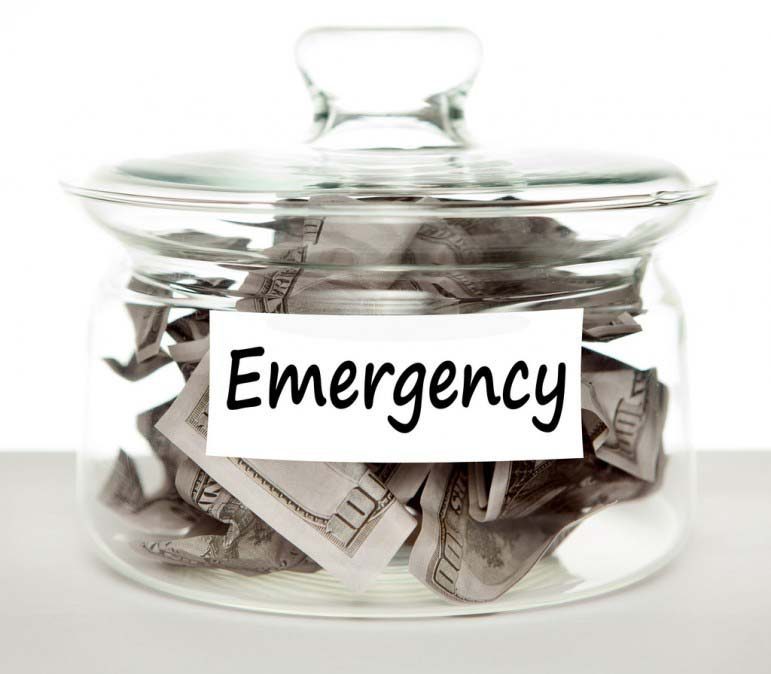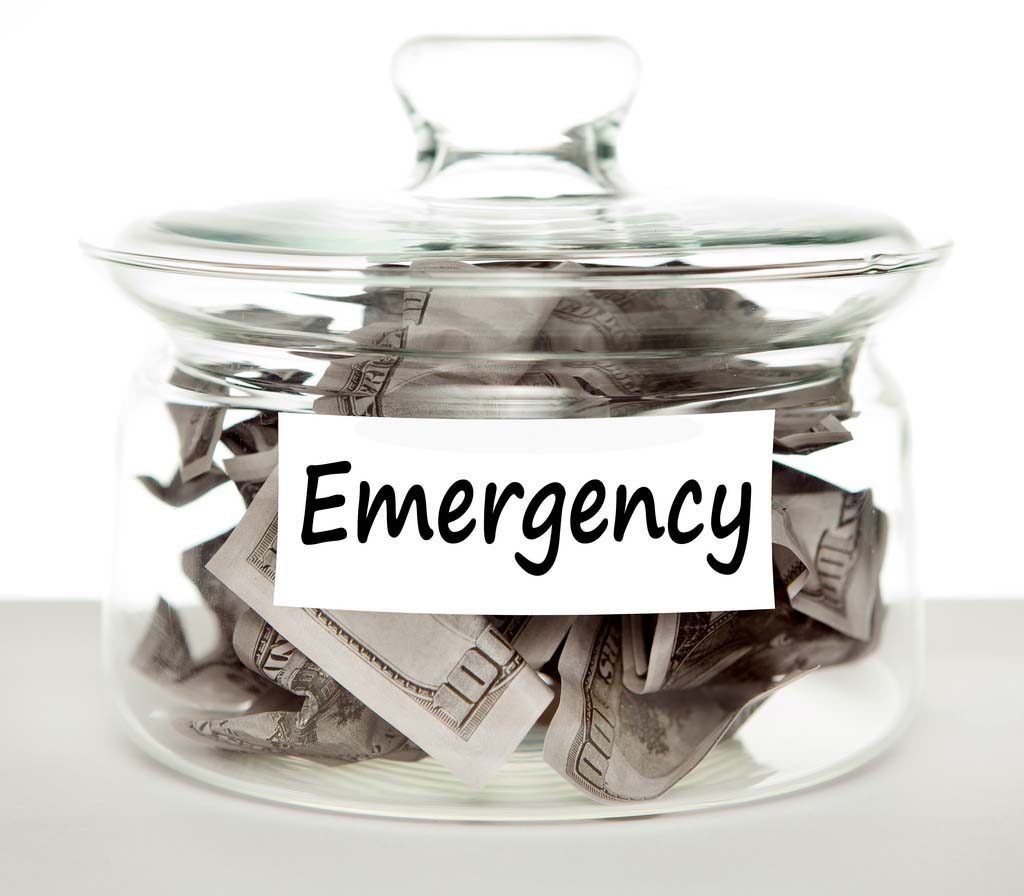
Freelance writer and Qatar resident Kirsty Rice posed a thought-provoking question on her blog 4 kids, 20 suitcases and a beagle this week, asking readers far from their home countries about how prepared they are in case disaster strikes. To help expats get their affairs in order in case of an emergency, she offers this advice:
Perhaps it was the mystery of Malaysian Airlines Flight 370 which had us all considering our emergency plans?
For me it began a few weeks ago after the sudden heart attack of a girlfriend’s husband. I was reminded of a woman I’d met when I first moved to Qatar whose husband appeared to be almost super-human in his energy for life, his death had shocked us all.
I’d run into her several times over the next two years and listened with horror as she explained her ongoing legal issues. Money that was trapped in the country, wills that were unrecognized. She shared what she wished they would have put in place before he died.
After writing this post on Monday, it became clear that while many of us have thought about an emergency plan, most of us have been slow to put something in place.
What to do in case of emergency? Here’s some suggestions:
Make sure you have a blank check with your husband/wife’s signature on it.
It sounds ridiculous but I cannot stress how important this is if you are living in the Middle East. When my friend’s husband died, her bank accounts were immediately frozen. Frozen.
If she had her time again, upon his death she would have gone straight to the bank and accessed her money, it would have saved her two years of court appearances and exorbitant lawyers fees.
Make sure your will is effective in the country you’re in.
Even if you have an up to date will, it will not be seen as legal in certain parts of the Middle East if it is not in Arabic. Get your will and any official documents translated to the language of the country you’re in. Keep a copy at work, and one with a close friend/neighbour.
Keep a contact list on your refrigerator.
I have my neighbor listed as our emergency contact but she has never met my parents. If something was to happen to G and I at the same time she doesn’t know my parent’s names, their phone numbers or perhaps even the name of the town they live in.
If anything was to happen to G and I on the way home from a dinner or a parent/teacher night and we were hospitalized I would want someone to contact our families immediately.
Make sure you have Granny’s full name, number, Skype, FaceTime, listed on the refrigerator. Leave an explanation for a friend “If anything happens ring my mother/brother…”.
If you have children, you need to have made it very clear where and who you would like them to go with while they wait for your family to arrive.
Know your bank account details.
It’s surprising how many partners (both men and women) leave the bank details solely to the other partner. About a year ago G created an “if everything turns pear shaped” document. It has every detail/password/phone number and account we have.
Keep enough money aside for a flight home and a couple of month’s basic living for you and your children.
Do you have an idea in your head on where you would go? Always have an idea. It’s much better to make a clear plan now while it’s just an idea not a scrambled reality. Could you really live with your parents for six months? Would you be better off at your sisters? Would you send children to school? Would you fly home with pets?
Check your life insurance policy
You may be covered in the case of an accident, but what about if you were to have a heart attack at home? Check the fine print and make sure your family isn’t in store for a nasty surprise.
What do you want to do with your remains?
Although you and your partner may have discussed cremation versus burial until the wee hours of the morning, does any-one else know? If you’d like to have your ashes scattered from the top of the highest mountain, you’d better make sure you’ve listed which one.
Register with your embassy
I know it’s an obvious one but often people forget to do so in the madness of a move. If you are registered with your embassy, in the event of a disaster be that natural or otherwise, you’ll want your name on your embassy’s contact list.
It’s uncomfortable to think about these things, but it makes no sense to not have a plan. Do you have tips to share? Thoughts?







